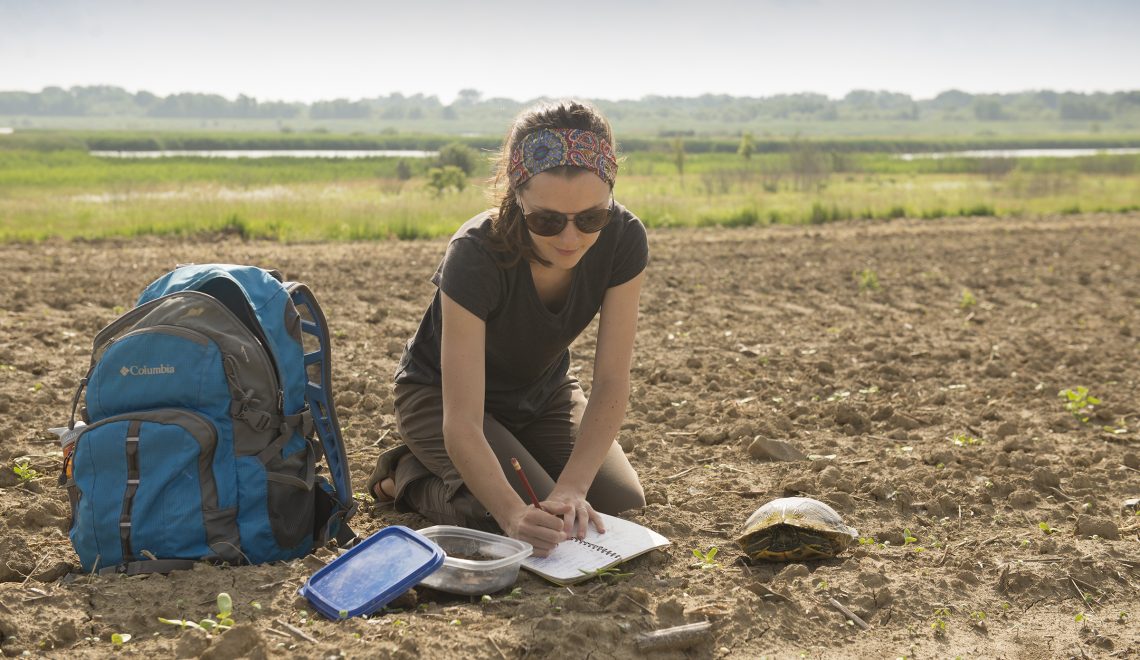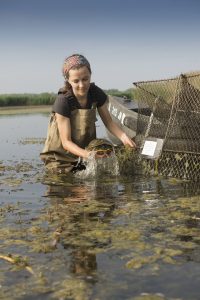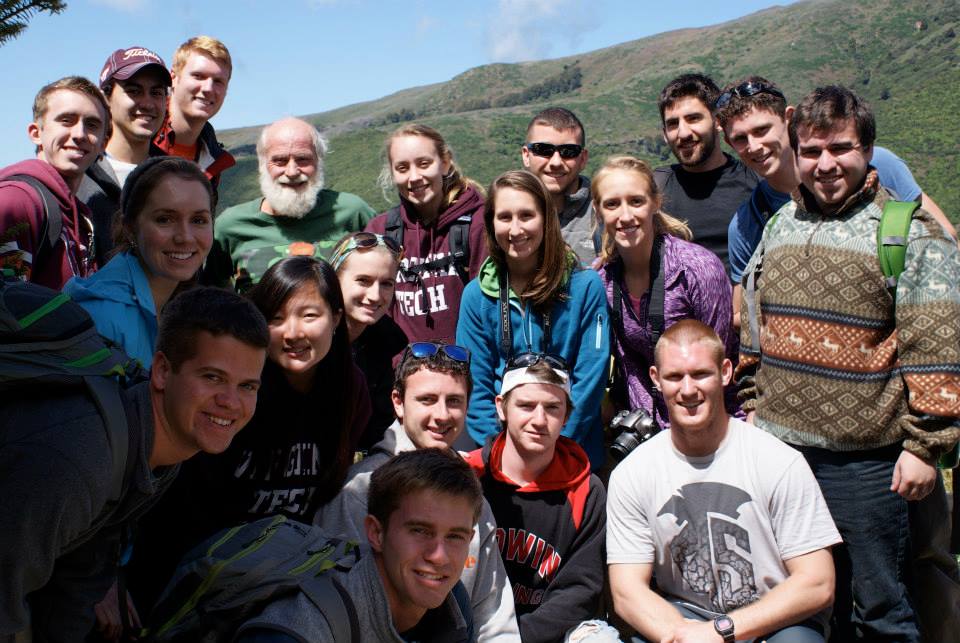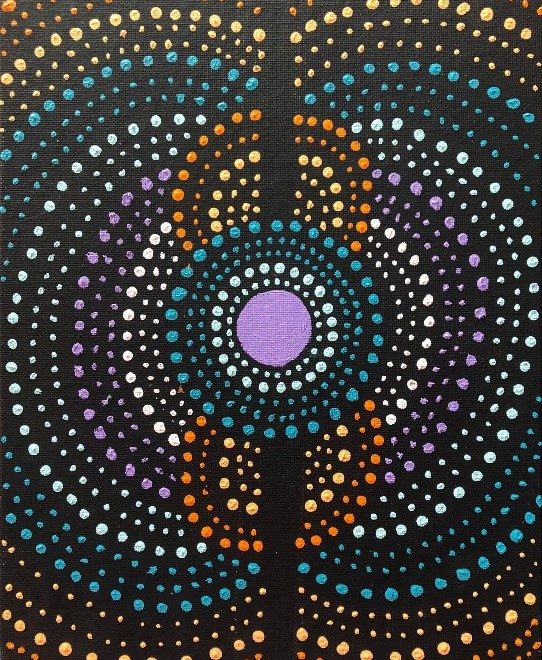
Amanda Carter
Virginia Tech
AUIP alumnus:
Sustaining Humans and the Environment, Australia, 2009
Sustaining the Fragile Continent, Antarctica, 2010
AUIP Marketing Intern, Hokies Abroad
Teaching Assistant, Sustaining Humans and the Environment, Australia
Teaching Assistant, Sustaining the Fragile Continent, Antarctica
A decade after my first study abroad program, study abroad remains one of the most formative experiences of my life. I grew up completely obsessed with Steve Irwin (I know, I know), and my childhood’s dream was to travel to Australia to see the unique wildlife that evolved on the island continent. Study abroad fulfilled in me many of the benefits that you hear folks talk about: I’ve become more culturally aware and can better celebrate the differences that shape the human mosaic; reminders of the rainforests, mountain ranges, and frozen landscapes that I’ve explored fuel my choices and research; and I will forever cherish the friendships that have been forged in the highs and lows of travel.

Amanda Carter working on an AWC turtle project. Credit: Illinois State University
Professionally speaking, my study abroad programs helped me to stand out from the crowd, and have assisted me in gaining fellowships, grants and assistantships. They also reaffirmed my pursuit of becoming a conservation biologist. I attended graduate school as a National Science Foundation Graduate Research Fellow and earned a Ph.D. in biology. I am currently a National Science Foundation Postdoctoral Research Fellow at the University of Tennessee. My research focuses on understanding how animals respond to temperature variation in their environment to predict better the impacts of climate change and to efficiently allocate conservation resources. I hope to earn a faculty position in the coming years that allows me to mentor graduate students and teach undergraduates, stateside and abroad.
Study abroad helped me better appreciate that an integral part of conservation is positively impacting human behavior. How do you convince someone to adopt new practices at home to “save the rainforest” if they’ve never seen the rainforest or appreciated the importance of a region’s biodiversity? After benefitting from the changes study abroad inspired in me, I view environment-based travel and education as one of the most potent conservation tools.
What I didn’t expect was for study abroad to have such a profound effect on my confidence. During my program to Australia, I was so overcome with feelings of accomplishment and wonder—I had made it to Australia (with the help of my parents, scholarships, and student loans of course)! This was the first time I realized that dreams are achievable. This realization has continued to fuel my motivation in every lofty goal I set myself: I can get a Ph.D., I will make a positive impact on society and the environment, and I will hike on all seven continents. This has been the sweetest gift of study abroad.
To anyone considering studying abroad, GO, whatever it takes! Traveling in an educational capacity during college with a group of students that will inevitably become lifelong friends is unique. You will never travel like this again in your life.









